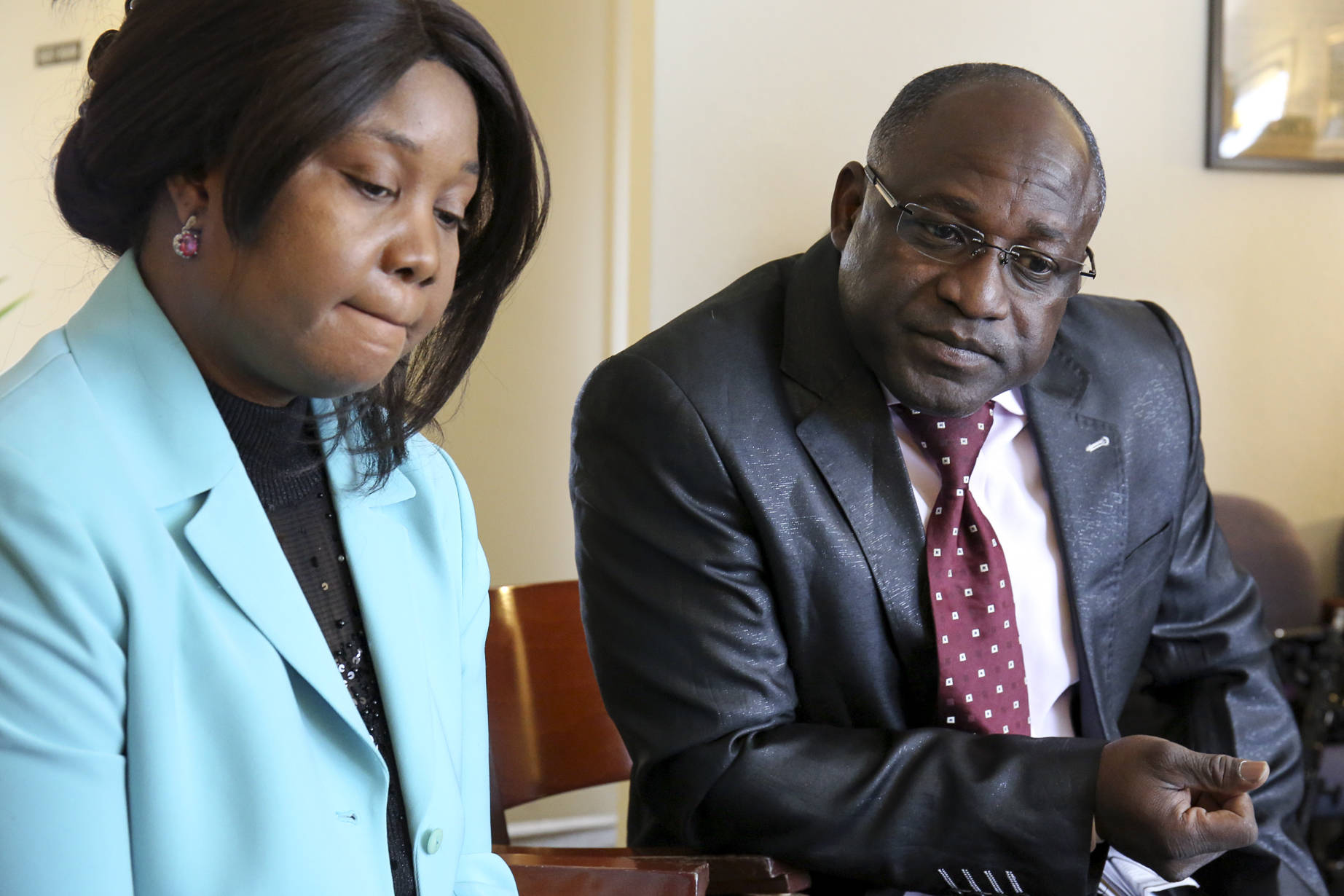The city of Everett isn’t backing down on new rules for bikini baristas, including a dress code that would banish that business model.
The city’s attorneys filed paperwork in U.S. District Court in Seattle earlier this week. They were responding to litigation brought by the baristas last month. The city argued against the baristas’ request that a judge throw out its ordinances, particularly the dress code.
The proposed order would interfere with Everett’s ability to enforce its laws, its attorneys told the judge.
“The city did not enact these ordinances because anyone was offended about women in bikinis,” assistant city attorney Ramsey Ramerman said in a prepared statement Friday. “The city has documented a history of prostitution, sexual assault, public masturbation and exploitation at bikini barista stands in Everett.”
The plaintiffs believe the city’s response is “akin to an ostrich sticking its head in the sand,” said Schuyler Lifschultz, a stand owner who has been a spokesman for the lawsuit.
He called the city’s legal strategy an “absurd use of tax money.”
The baristas and their employers have argued the ordinances violate their civil rights, including freedom of speech. The city agreed to put the rules on hold pending a judge’s review. Everett’s “bikini” wars have made national headlines — many of them focused on puns and Puritanism — that often skip over the complicated history. Even the term is a misnomer, as the outfits under scrutiny usually consist of little more than stickers and G-strings.
Among the new court filings is a 23-page declaration from Everett police Sgt. James Collier. He says the drive-thru bikini stand is modeled on the strip club business in that it hires and retains young women with the allure of lucrative tips. Criminal investigations into the stands are resource-intensive and require undercover surveillance footage to convince juries, Collier said. Only owners can stop a culture of bad behavior, absent a policy change that holds them accountable, he said.
“The same factors that cause illegal conduct to flourish at bikini barista stands also make it extremely difficult and expensive for law enforcement to try to stop this illegal conduct with its current tools,” he wrote.
For years, the city has been seeking civil sanctions to curb illicit behavior at the stands. Criminal cases generate large amounts of video in which naked or nearly naked women are recorded without their knowledge. That video attracts public records requests, which create disclosure headaches. The footage also doesn’t usually prove whether owners were complicit.
The plaintiffs question why police need to “visit the pretty women in bikinis often, and record them.”
The city says in the new filing that bad behavior continues at local stands, because of the “sexually charged atmosphere” and the men it attracts.
“The bikini barista model has caused similar problems throughout the state and did not stop after the investigations in 2013 and 2014,” Ramerman said.
The baristas say it’s wrong to confuse legitimate stands with those that were fronts for organized prostitution rings.
“The bad eggs have been weeded out years ago,” Lifschultz said. “Those issues are way in the past … Prostitution has nothing to do with girls serving coffee in bikinis.”
The city claims there isn’t much separation, saying the main plaintiff in this case is who posted bail for the “espresso madam” who was running such a ring.
The baristas also say they’ve been unfairly targeted instead of other businesses such as Hooters. Many of their legal arguments weren’t addressed in the city’s response, Lifschultz said.
Police allege the privacy of a drive-thru window creates opportunities for sexual activity that don’t exist in restaurants. Lifschultz says a drive-thru isn’t much different than an office cubicle.
Everett has hired a psychotherapist who will argue that women working naked is bad for them and society, court documents show. The plaintiffs on Friday said that argument has “no relevance or bearing and is just fluff.”
The city adopted the dress code in August, requiring baristas to wear a minimum of tank tops and shorts. The city also expanded the definition of lewd conduct to include certain areas of skin. In addition, it created a new misdemeanor called “facilitating lewd conduct,” aimed at business owners.
The lawsuit says the rules are too vague and invite ogling and prodding of employees for enforcement. The city says it won’t be focused on minor violations, such as measuring hems, but rather systemic abuses.
Oral arguments are scheduled before a judge Nov. 21.
This story first ran in the Everett Herald.





